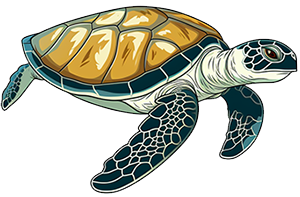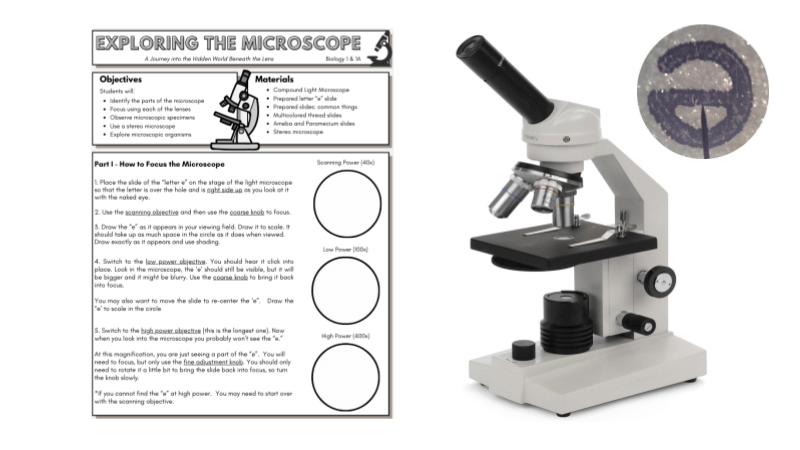Search results for: “advanced”
-
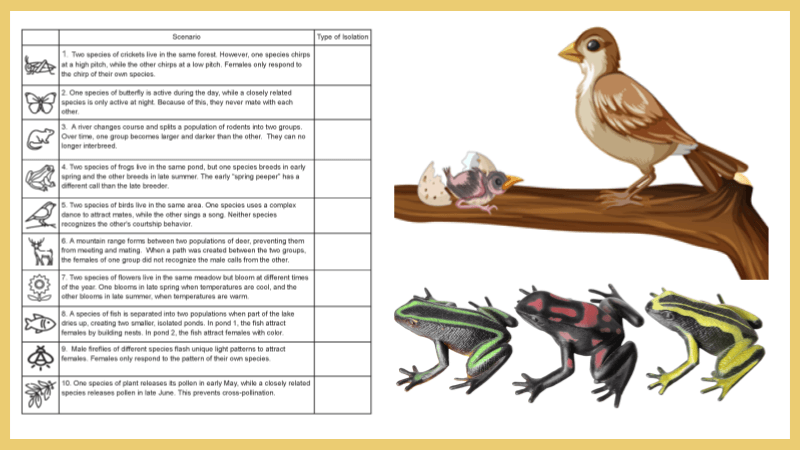
Why Can’t We Be Friends – Isolating Mechanisms
Are you teaching evolution, speciation, or mechanisms of reproductive isolation and need an engaging, ready-to-go resource? I’ve got you covered! Introducing “Why Can’t We Be Friends: Species Isolation Scenarios”, a student-friendly worksheet designed to help your class master the concepts of behavioral, geographic, and temporal isolating mechanisms.
What Are Isolating Mechanisms? In simple terms,…
-
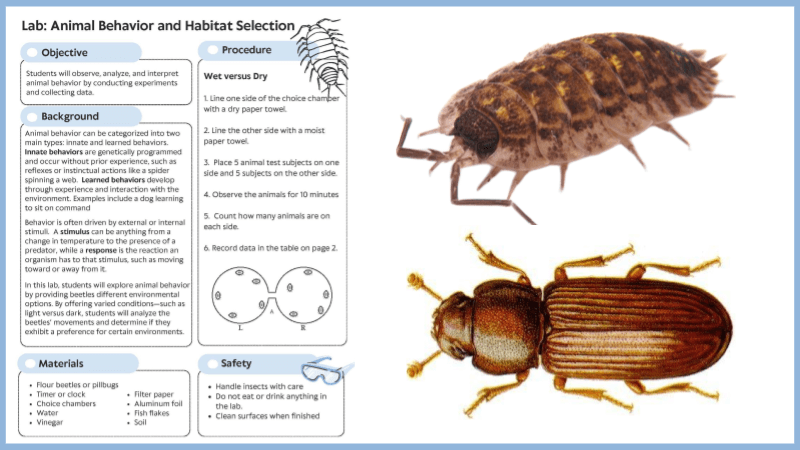
Lab: Animal Behavior and Habitat Selection
Understanding how animals respond to their environment is a fundamental concept in biology. In this engaging hands-on lesson, high school students explore animal behavior by observing how pillbugs (also known as roly-polies or woodlice) respond to different environmental stimuli. Part 1: Investigating Moisture Preferences The lesson begins by introducing students to the concept of taxis,…
-

Case Study: Heart Transplant Recipients
A heart transplant is a life-saving procedure for patients with end-stage heart failure, but not everyone qualifies. This process involves strict medical evaluations, organ matching, and precise surgical techniques. In this case study, students explore the procedures involved in this life saving technology. The case includes three major sections, which questions and diagrams for students…
-

Fading Memories – A Case Study on Alzheimer’s Disease
This case study offers an intimate look at Alzheimer’s disease through the eyes of a granddaughter navigating her family’s experience. Written in a narrative format, it allows students to explore the scientific and emotional dimensions of this neurodegenerative disease in a relatable, engaging way. This case study goes beyond the textbook to present Alzheimer’s disease…
-
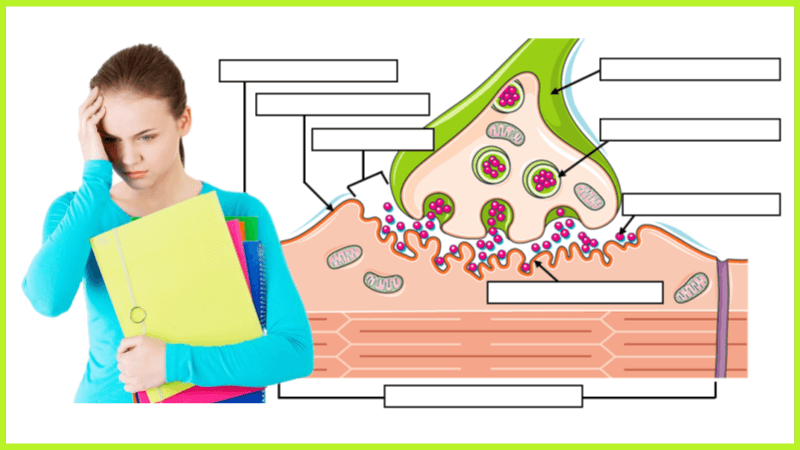
Case Study – The Mystery of Muscle Weakness
Bring neuromuscular disorders to life in your high school anatomy classroom with this case study on myasthenia gravis! Designed to illustrate the complex interactions between nerves, muscles, and the immune system, this resource uses the story of a relatable character, Elena, to make advanced anatomy concepts accessible and engaging. Discover why Elena is feeling tired…
-
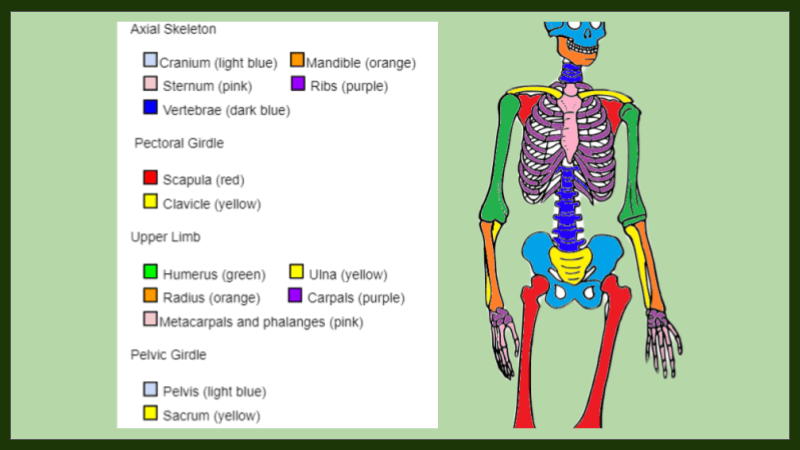
Fun Coloring Activities to Learn the Skeleton
Learning the names of the bones in the human body might sound like a challenge, but what if you could turn it into a creative and hands-on activity? That’s where coloring worksheets come in! By coloring detailed pages of the human skeleton, hand, foot, and skull, students can visualize the skeletal system and learn to…
-
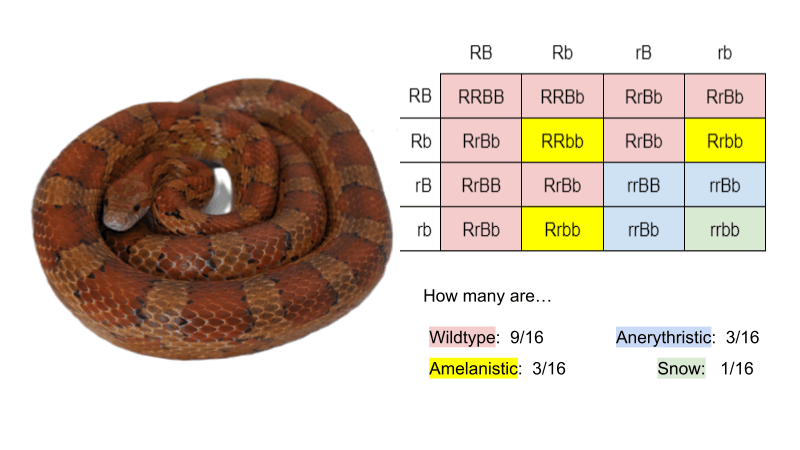
Corn Snake Genetics – Explore the Morphs!
Practice dihybrid crosses with this activity on corn snakes. Corn snakes are red and black, with variations in shade and markings.
-
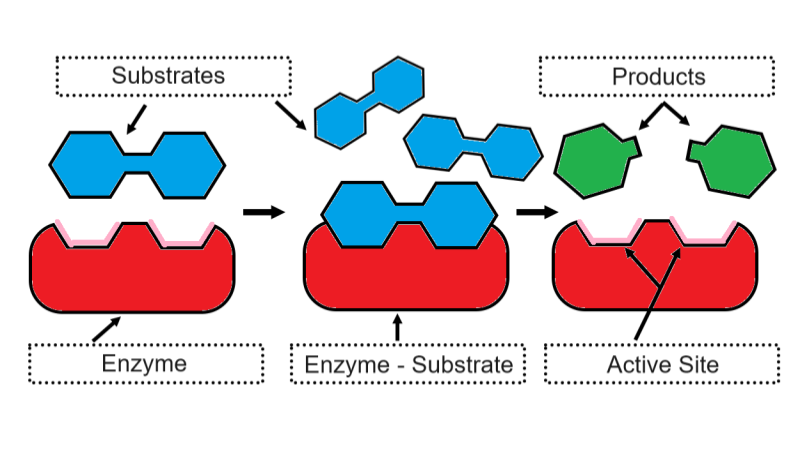
Enzymes and Substrates – Coloring
A simple worksheet showing how enzymes bind to substrates to create products. Students color a graphic and answer questions.
-
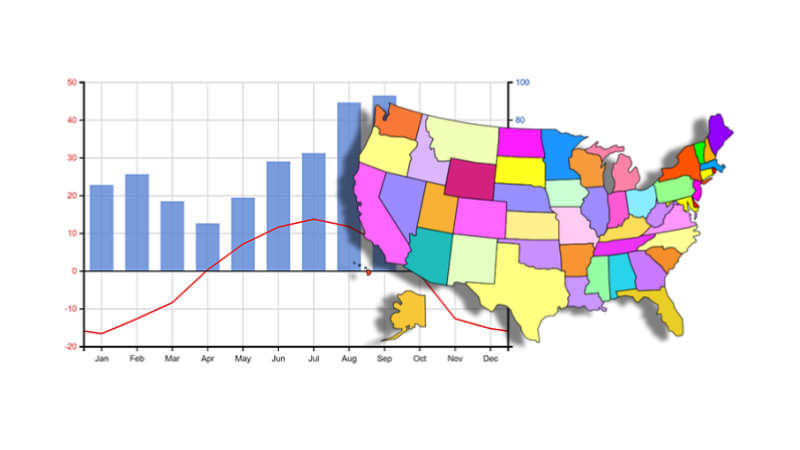
Analyze Data and Create a Climate Graph
Students practice analyzing climate graphs of four regions in the United States. Answer simple questions and create a graph from data collected in Germany.
-
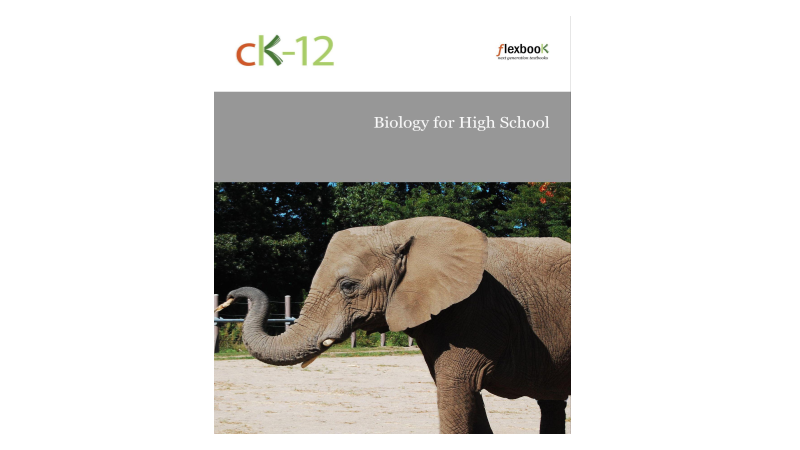
CK 12 Online Biology Textbook Reading Guides
CK 12 offers a wide variety of textbooks and resources for free. You can even create your own textbook by adding chapters from their library. I created a textbook during the Covid-19 pandemic because students were learning from home. They did not have their textbooks (which were outdated anyway.) This free version aligned to their…
-

Investigating Sea Turtles and Sex Determination
Create a model of a turtle nest to record temperatures at different depths. The temperature of the nest will determine whether turtles are male or female.
-
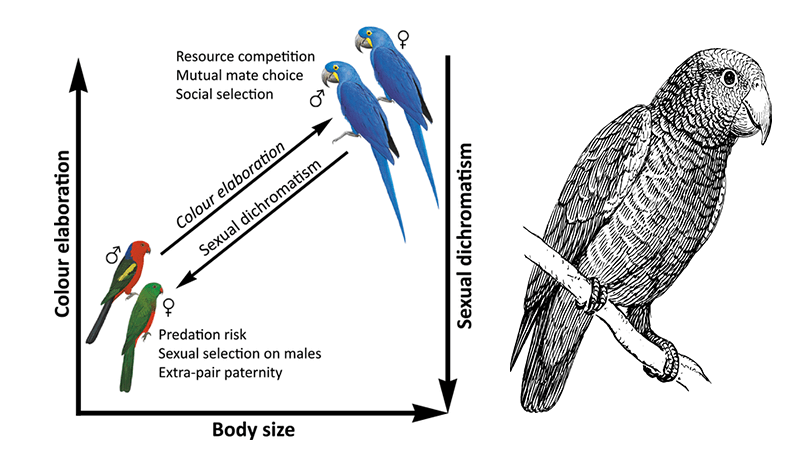
Variation and Sexual Dichromatism in Parrots
Explore sexual dimorphism be examining data on parrot coloration and environment details, like predators, competition, and mate choice.
-
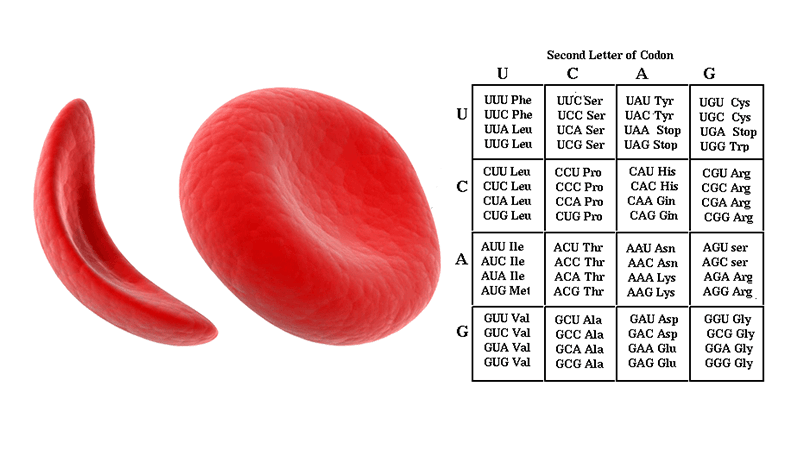
Investigation: DNA, Proteins, and Mutations
Explore DNA mutations by transcribing and translating DNA code. Changes in the code result in point mutations, frameshift, and nonsense mutations.
-
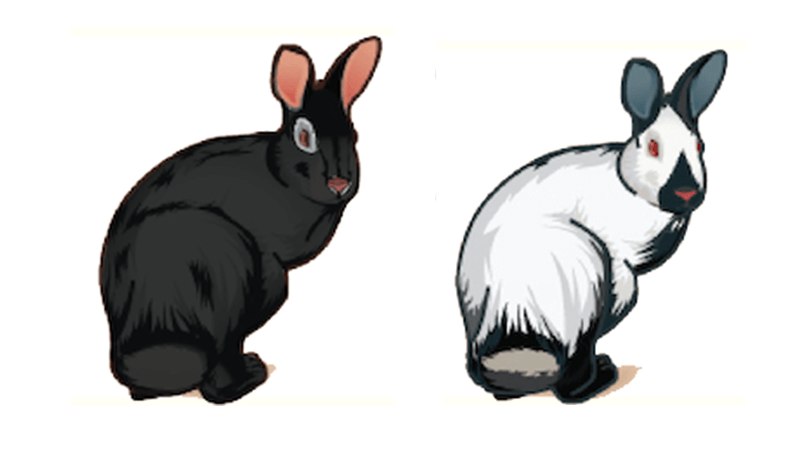
Multiple Allele Traits in Rabbit Coat Color
Students practice genetics of multiple allele traits as they study coat colors in rabbits: black, chinchilla, Himalayan, white.
